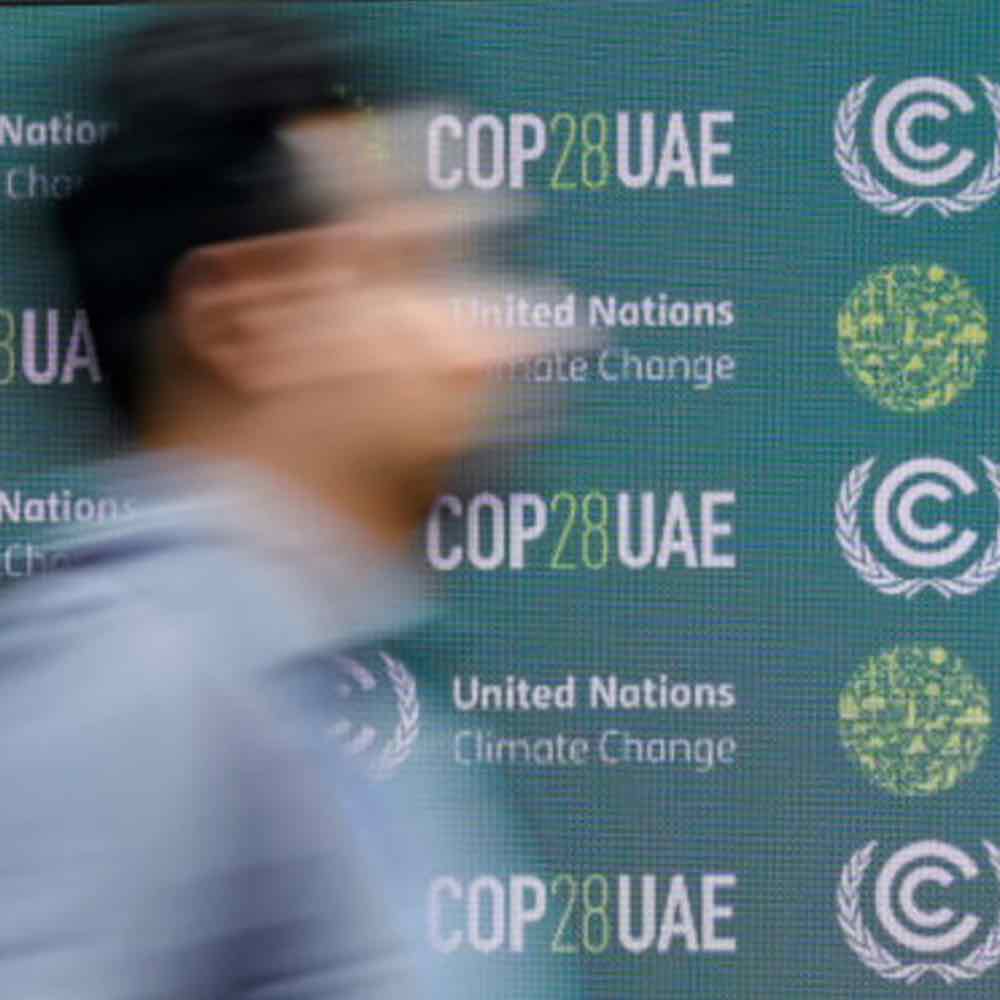Countries participating in next week’s climate meeting in Bonn (5-15 June) which will help set the agenda for the COP28 meeting in Dubai later this year, should urge the United Arab Emirates to improve its dismal human rights record to ensure a successful conference, said Amnesty International.
In a new 13-page briefing, The Human Rights Situation in the United Arab Emirates Ahead of COP28, Amnesty has identified key risks based on the UAE’s human rights record that threaten the success of COP28, including the suppression of the right to freedom of expression, digital espionage and monitoring, and the UAE’s own opposition to the rapid phasing out of fossil fuels.
An open civil society, and the rights to freedom of expression, association and peaceful assembly – which are all essential to a successful conference – are conspicuously absent in the UAE. Emirati law forbids criticism of “the state or the rulers” and imposes punishments – including life imprisonment or the death penalty – for association with any group opposing “the system of government” or for vague “crimes” such as “damaging national unity” or “the interests of the state”.
In 2011, after a public petition calling for democratic reforms was signed by hundreds of citizens, the Emirati authorities launched a fierce crackdown, imprisoning scores of legal professionals, academics and civil servants, dissolving the board of the Emirati Jurists Association and jailing two of its two former presidents.
The Emirati government has also long sought to spy on human rights defenders and other critics. Among those who have been targeted is Ahmed Mansoor, a distinguished human rights defender who was arrested in 2017 for his peaceful activism, which included posting on social media. He was later sentenced to ten years in prison on charges of “insulting the prestige of the UAE”.
Investigations by journalists and civil society organisations, and a UK court ruling, have found that the UAE is very likely to have been responsible for the digital surveillance of multiple public figures – including the late Emirati human rights defender Alaa al-Siddiq, and a member of the UK House of Lords. The UAE is also suspected of targeting writers and editors at international publications, including the Financial Times, the Economist and the Wall Street Journal. Given the UAE’s record, there is reason to believe that delegates and members of civil society attending COP28 could be subjected to unlawful digital spying.
In addition to concerns about freedom of speech, digital surveillance and its own climate policy, the UAE has a poor human rights record with respect to the protection of migrant workers, failures to ensure women’s legal equality with men, and over its criminalisation of consensual sexual conduct between adults. In armed conflicts in Libya and Yemen its direct and indirect intervention has also seen it implicated in serious violations of international law.


